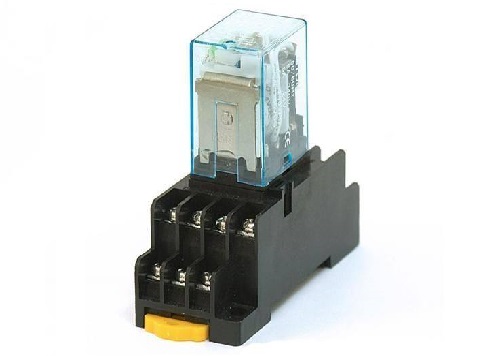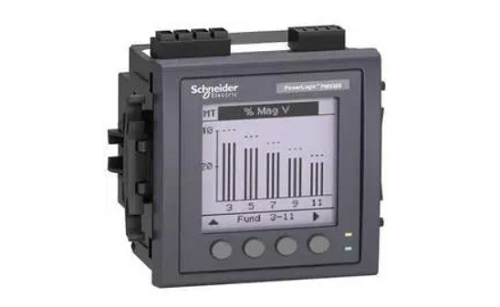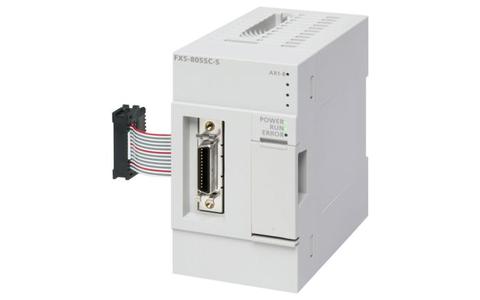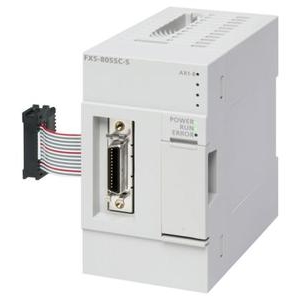Nine main characteristics of Omron relays
1. Extremely Small and Lightweight
Omron has developed and manufactured an extra-small standard relay, the first of its kind both domestically and internationally, securing a leading market position.
2. Low Drive Current
The drive current ranges from 6.5 mA to 16 mA, achieving low power consumption and contributing to environmental protection and energy savings.
3. Long Service Life
Utilizing an optical signal transmission method with a contactless structure, it prevents shortened service life caused by contact damage and enables semi-permanent operation.
4. Minimal Leakage Current
Featuring inrush current resistance and an added buffer power supply circuit, the leakage current is very low when turned off.
5. Excellent Impact Resistance
Internal components are securely encapsulated using a specialized casting method, with all peripheral components fixed. The absence of movable parts ensures outstanding resistance to shock and vibration.
6. High Withstand Voltage
Omron relays convert electrical signals into optical signals for transmission, achieving electrical isolation. This ensures a high withstand voltage, with a breakdown voltage of AC 2500V between input and output under standard conditions.
7. Noise Reduction
Omron relays eliminate the switching noise generated by the metal contacts of mechanical relays, achieving a virtually silent operation.
8. High-Speed Response
Compared to mechanical relays, Omron relays operate in as little as 1 millisecond (ms), significantly faster than the minimum 3 milliseconds (ms) required by mechanical relays. (Note: Original "1 second" and "3 seconds" seem incorrect for relay speeds; milliseconds are standard. If truly seconds, replace "ms" with "s".)
9. Precise Control of Fine Analog Signals
Compared to transistors, they have a reduced dead zone and maintain signal integrity for fine analog signals with minimal distortion.






















